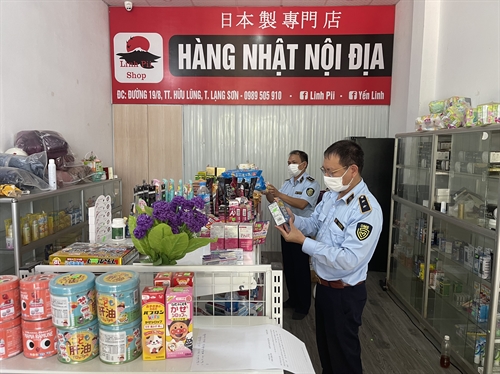* From the beginning of next year, foreign-invested economic organizations and foreign expats in Vietnam could use insurance services, including also life insurance and health insurance services, provided by foreign insurers across the border.
It is provided in a draft decree guiding the 2022 Insurance Business Law, which, according to its drafter, the Ministry of Finance (MOF), is formulated in conformity with the country’s commitments to the World Trade Organization.
Noteworthily, the draft has a separate chapter on coordination in management, supervision, inspection and examination of Vietnam-based branches of foreign insurers. Accordingly, the MOF would coordinate with foreign insurance authorities through sharing information on management and supervision of Vietnam-based foreign branches with a view to protecting the lawful rights and interests of all parties in insurance business and ensuring healthy and sustainable development of the country’s insurance market.
The MOF would take the prime responsibility for inspecting and examining the operation of Vietnam-based branches of foreign insurers. In case the insurance authority of the country where a foreign insurer is headquartered wishes to conduct inspection and examination at the latter’s Vietnam-based branch, it would have to notify the MOF of its inspection and examination plans and results.
* Insurance businesses and Vietnam-based branches of foreign insurers would have to publicize the rules, terms and premium rates of insurance products they provide on their websites and express them in an unambiguous and precise language so as to avoid misunderstandings about insurance benefits, according to the MOF’s draft circular guiding the law and decree on insurance business.
Accordingly, terms in insurance contracts would have to explicitly describe insurable interests and subject matters, scope of insurance and insured risks, benefits and obligations of insurance buyers and the insured, liabilities of the insurance business, exclusion of liability, payout modes, and dispute settlement.
Insurance brochures must contain information that help readers clearly understand that the insurance products are provided by insurance businesses other than products of their distribution partners and that the purchase of the insurance products is not a mandatory requirement to perform or enjoy another service of the distribution partners.
In addition, brochures must have a note to remind insurance buyers of the obligations which must be abided by in order to ensure their rights and interests, especially the obligation to pay premiums and declare information. For long-term insurance products, the brochures must state that the conclusion of insurance contracts is a long-term commitment and unilateral termination of insurance contracts might result in the contracts’ cash surrender value being lower than the paid premium amount.
The draft circular says that insurers could take the initiative in determining insurance premiums which must be reasonable and fair to insurance buyers and ensure the financial prudence and solvency of insurance businesses.
The determination of insurance premiums must be based on the age, sex and health status of the insured. If applying a common premium level to a group of customers, insurers would have to clearly provide actuarial principles and methods.
If wishing to reduce insurance premiums based on the scope of customer groups and payouts or upon changes of factors serving as bases for calculation of premiums, insurance businesses would have to register specific cases, principles and bases for reduction of insurance premiums. After being reduced, insurance premiums must not be lower than the net premiums of insurance products.- (VLLF)









